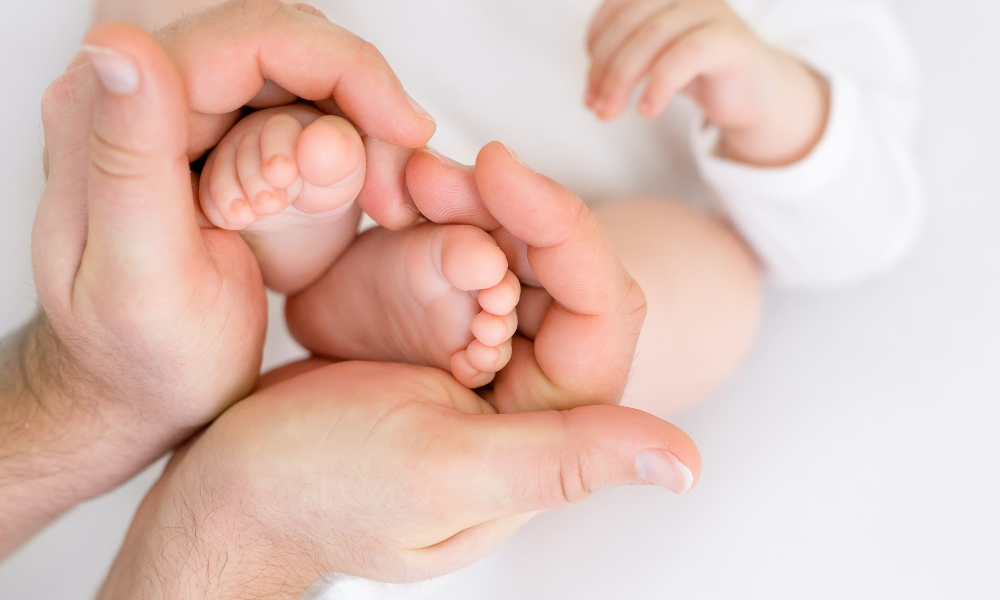
'It shows that Kiwi businesses are prioritising people'

One in six employers in New Zealand improved their parental leave policies in 2024, indicating strong commitment from businesses in prioritising their people.
This is according to a review of 307 verified parental leave policies, including the country's 10 largest employers. It found that 17% of employers registered improved their parental leave policies throughout the year, with only one per cent making reductions.
Stephanie Pow, Crayon CEO, said the "data speaks volumes."
"In a year where we'd expect to see companies conserving capital, it's encouraging to find that most employers have stood by their values and either held or lifted their support for parents," Pow said in a statement.
She added that increasing parental leave policies is a "significant undertaking" amid a tough economic environment: "It shows that Kiwi businesses are prioritising people and committing to helping them navigate one of life’s biggest – and most costly – changes."
According to the review, paid primary carer leave saw a 12-week average increase, while paid partner leave saw a two-week average hike.
"This data shows that Kiwi employers are sticking to their guns and taking a long view on retaining talent," Pow said.
"That's great news for employees whose family planning and careers can intertwine for years. It's also a testament to the growing recognition that family-friendly policies aren't just good for employees—they’re a competitive advantage."
Despite the progress, the report noted that New Zealand remains one of the only three developed countries without a paid partner's leave. Current offerings at a policy level only show that fathers or partners are entitled to up to two weeks of unpaid leave.
The country's paid primary carer leave is also in the bottom quartile, while childcare is among the least affordable globally, according to the report.